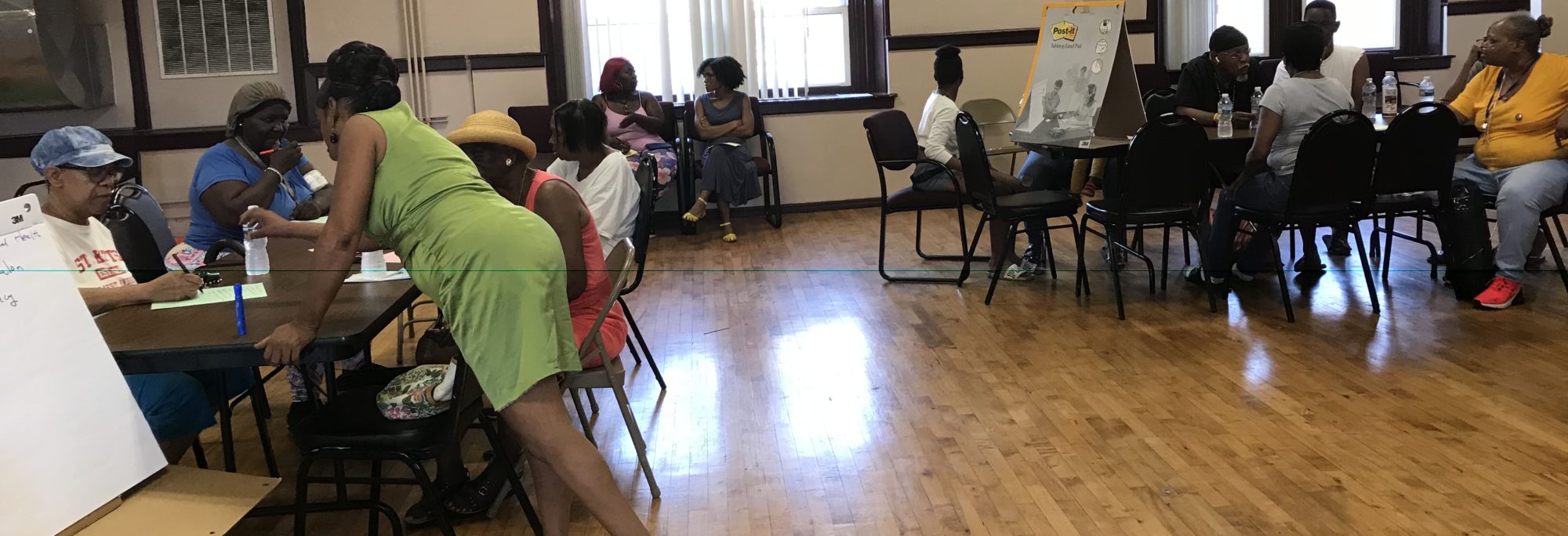Here comes a new year in many parts of the world. It is a good marker for reflection. Maybe we can reflect on our path of transformation over the past year and how we will continue onward, with freshness and lightness in the new year! This continuous process of observation allows us a critical and broad view of ourselves as participants on the path. Stepping in and out of our daily activities, through reflection and stillness or through physical removal, helps us to cultivate a continuous practice of observation, evaluation, persistence and change. Because we often don’t “get it” right the first time, we need this reflection to continue moving toward an understanding which brings clarity and the ability to discern steps toward justice and away from ignorance.
Perhaps we can sit with a friend, a partner, a colleague, a family member, a comrade, and invite them to share their observations of our personal path of justice. Such questions as: how kind was I in my words during our daily interactions, how was my judgement, how was my listening, how was my patience, how was my thoughtfulness, my compassion. We can ask ourselves: did I perpetuate abuse, inequality, violence in words and actions in the workplace, in the home, in the car when that impatient person jumped in front of us without signalling. How was our thoughts, words, or action toward the presumed enemy, at the corrupt politician, the overpaid CEO of a university, foundation, or bank, the forgetful reporter, the disobedient child? After noting these, acknowledging where we can do better, celebrating where we did great, and smiling at ourselves, we can turn to the outside world.
How did 2013 address the injustices of racism, classism, and their use in development in Baltimore and beyond? Have we participated in or seen forms of equitable and sustainable development? What were the pieces of equity and inequity in different development projects we were aware of? What did they all have in common and what differed? How has equality grown in general? Or not? Was there more organizing happening in 2013? Coalition building across issues? Where was there room for improvement and how will I participate? These reflections can help us decide how we will use our energy in the next year and bring clarity and effectiveness in organizing ourselves on this path of inward and outward justice.
Remembering that we must continuously practice with ourselves, the peace and justice we want to see happen in the world, is the ground of any successful and sustainable collective social movement. It assures we maintain a state of consciousness which remains consistent in our homes and on the streets, in our spiritual journey and on the journey into the center of inequality. This consistency allows us the clarity to see that our journey of justice is similar inside ourselves, our homes, and in the marketplace. Justice for one is justice for all, healing ourselves, healing our communities.
So as we reflect on the past to guide us with greater understanding in the present moment, let us remember to smile. This small act can offer us many moments of joy, insight, and peace to nourish our energy and clarity along the beautiful path of justice.
























